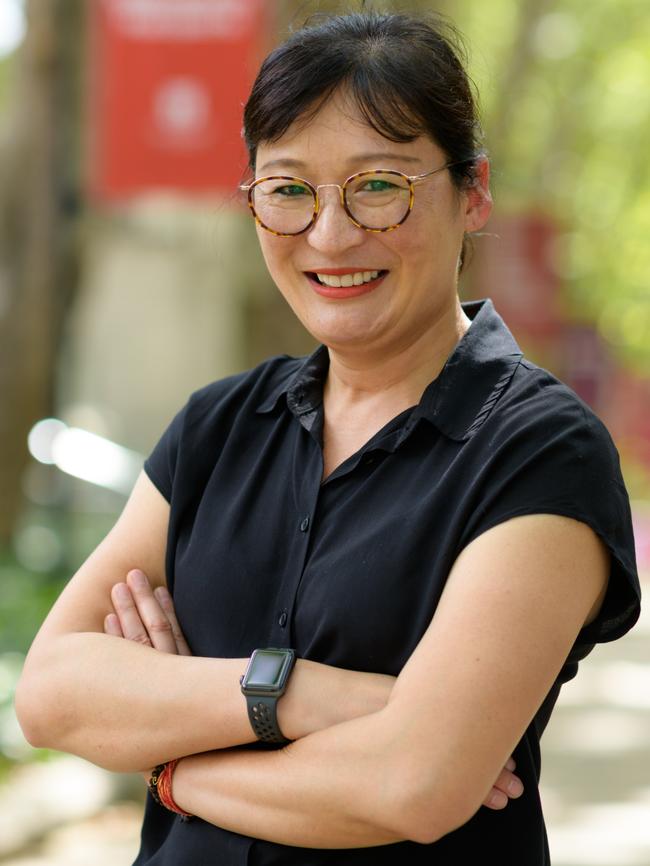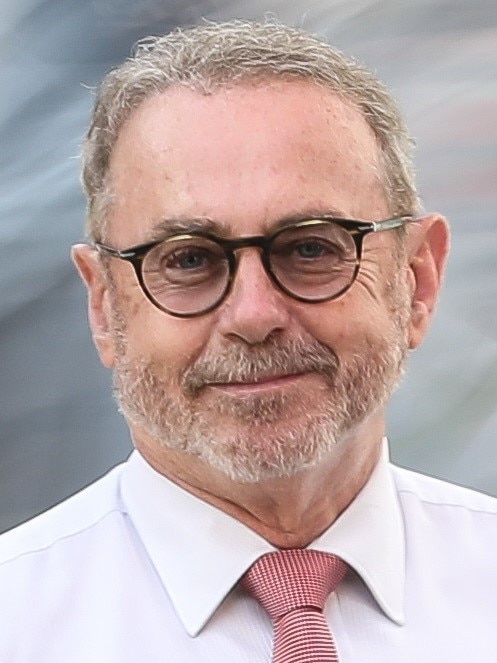Global reach of MBAs crucial to success
Those who want the top business qualification should bring with them an entrepreneurial spirit and a global outlook.

When Nicole Hullihen made the decision to enrol in a master of business administration, she didn’t choose a program from any one of the thousands on offer from the US, the spiritual home of the MBA, or even one from the 13 offered in her home state of Michigan.
Instead, she elected to become one of the first students in an untested, brand new, wholly online offering from a university she had never heard of, on the other side of the globe.
Having done her research and narrowed down the shortlist to three options, Ms Hullihen opted for the Macquarie Business School’s new Global MBA, which is delivered through the online education platform Coursera.
“I call it the Edflix model”
“I had heard about Coursera from a former boss and periodically checked it out for new opportunities,” says Ms Hullihen, who has a background in product management across a range of sectors, including biotech, pharmaceutical, automotive, consumer goods and software as a service. “When I saw MBAs listed and the price tag, it was a no-brainer.”
“I knew Coursera only worked with top universities so I automatically felt safe with that choice, but still did my research just to confirm. The most important thing was that it was a reputable school.”
She was attracted to its promise of a global experience, the stackability of its various components — which can be either stand alone or build to a full degree — and the fact she could start immediately as there are six intakes across the year.
“I call it the Edflix model,” says Lan Snell, course director of the Global MBA with the Macquarie Business School. “Just like Netflix is on-demand consumption entertainment, Edflix is on-demand education. Students should be in the driver’s seat so they get to learn what and when they want.”
Launched in May 2019, the Global MBA has already attracted plenty of plaudits, including being shortlisted for the Wharton-QS Reimagine Award.
Students can choose how much of the degree they do, with tuition costs ranging from $US49 for a digital badge to $A33,000 for the full degree.
The program fundamentally reconceptualises the curriculum by focusing on what the World Economic Forum describes as future focus skills. So instead of being taught the basics of accounting, marketing, corporate law and human resources, Global MBA students are taught across six specialisation or capability areas: strategising, leading, analysing, influencing, adapting and problem solving.

“Lifelong learning means people have to constantly upskill and reskill themselves,” Associate Professor Snell says. “So the course is stackable; it’s modular in its design so students can get recognition for whatever purposes they want. If it’s a badge, terrific. If it’s a whole degree, awesome.”
Across the city, the University of Technology Sydney is taking the opposite approach. Here, its three MBA programs are all taught on campus using a blended learning, experiential approach, where students work on real-world projects.
“Our strength lies in our connectedness to industry,” says Jochen Schweitzer, the director of UTS’s MBA in entrepreneurship.
Launched five years ago, this was the first MBA dedicated to entrepreneurship in Australia, and harnesses the rich start-up culture that surrounds UTS’s city campus. “Students still learn all the things they would learn in any other MBA,” Associate Professor Schweitzer says. “But they do so in an entrepreneurial rather than corporate context.”
He says most MBA programs focus on “the big end of town”.
“The decisions that people make in teams of 50 people in multi-departmental organisations that have millions of dollars in revenue is very different to decision making in start-ups with no or limited funds and they have to find their first two customers.
“The pressures are heightened. There are very different questions and approaches that are needed, such as understanding capability gaps, building teams and scaling the operation.”
Professor Schweitzer also notes, with considerable pride, that the program is almost at gender parity — roughly 60/40 — due to a concerted effort to attract female entrepreneurs into the program. A newly launched scholarship of $25,000 thanks to a philanthropic gift from by UTS alumnus Ajay Bhatia, who is managing director of Carsales Australia, will help entrench that, he says.
Over in Adelaide, Noel Lindsay wears two hats as dean of business at Adelaide Business School and pro vice-chancellor (entrepreneurship) — a dual role which is seeing the “oldest and most venerable” MBA in the University of Adelaide’s canon currently undergoing a “refresh”.

“MBAs have to constantly adapt to the changing environment,” says Professor Lindsay. “They were originally conceived to teach business skills to engineers. Today we have the realisation that softer skills — creativity, design thinking, innovation, for example — are becoming increasingly important in leadership and management, particularly when the business environment is constantly changing.”
Indeed, advancing technologies in machine learning, artificial intelligence and robotics are fundamentally changing the skill sets required of business leaders.
“To be successful, MBAs need to mirror what is going on in business,” Professor Lindsay says.
That includes creating “an entrepreneurial mindset”.
“We are there to help students understand how to think in an entrepreneurial manner; what makes business sustainable; how to identify and evaluate a business opportunity; how to do more with less; how to be resourceful; and how to employ strategic decision making,” he says.
Meanwhile, in Brisbane, the Queensland University of Technology has built into its program a number of compelling offers. The first is the opportunity to be involved in an immersive two-week block at the world-renowned Massachusetts Institute of Technology, although the inaugural trip was postponed due to COVID-19.
“I am a firm believer in the idea that if you want to find yourself, you need to get lost somewhere else,” says Melinda Edwards, acting director of QUT’s MBA program.
“And going to another country — another context — to have that experience is always enriching.”
All QUT MBA students are also assigned a “leadership coach”. On starting the course, students will do a 360-degree assessment, which is linked to the indicators of effective leadership and business outcomes. They will then get feedback from a dozen people about reactive and proactive behaviours and leadership qualities.
By understanding themselves from other people’s perspectives, “they can start to reflect on plans for their personal development and their future which allow them to plot their victory speech for the whole MBA journey”.
In other words, they have the tools to reflect on how far they have come, what they have achieved and whether it was worth the investment in time and money, says Professor Edwards.
